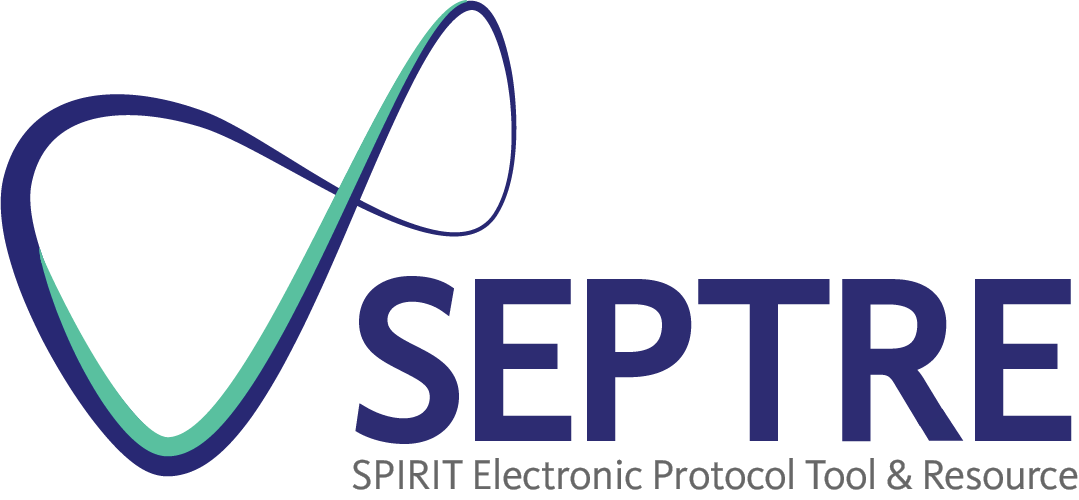Item 5c: Role of study sponsor and funders, if any, in study design; collection, management, analysis, and interpretation of data; writing of the report; and the decision to submit the report for publication, including whether they will have ultimate authority over any of these activities.
Example
“This funding source had no role in the design of this study and will not have any role during its execution, analyses, interpretation of the data, or decision to submit results.” 54
Explanation
There is potential for bias when the trial sponsor or funder (sometimes the same entity) has competing interests (Item 28) and substantial influence on the planning, conduct, or reporting of a trial. Empirical research indicates that specific forms of bias tend to be more prevalent in trials funded by industry compared to those funded by non-commercial sources.36-38;45;55-60
The design, analysis, interpretation, and reporting of most industry-initiated trials are controlled by the sponsor; this authority is often enforced by contractual agreements signed between the sponsor and trial investigators (Item 29).10;61
The protocol should explicitly outline the roles and responsibilities of the sponsor and any funders in study design, conduct, data analysis and interpretation, manuscript writing, and dissemination of results. It is also important to state whether the sponsor or funder controls the final decision regarding any of these aspects of the trial.
Despite the importance of declaring the roles of the trial sponsor and funders, few protocols explicitly do so. Among 44 protocols for industry-initiated trials receiving ethics approval in Denmark from 1994-95, none stated explicitly who had contributed to the design of the trial.9
| 5b: Sponsor contact information | 5d: Committees |

